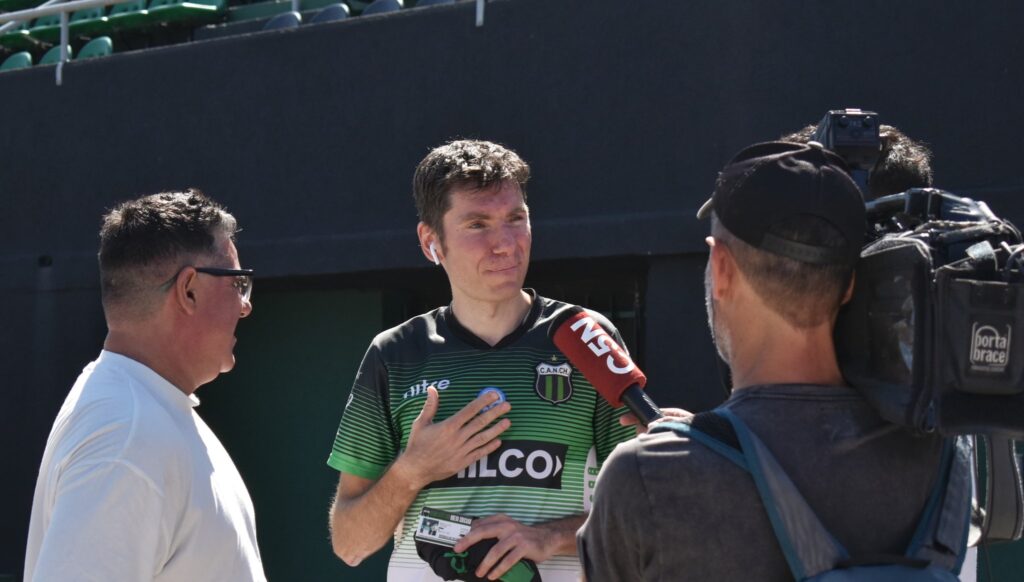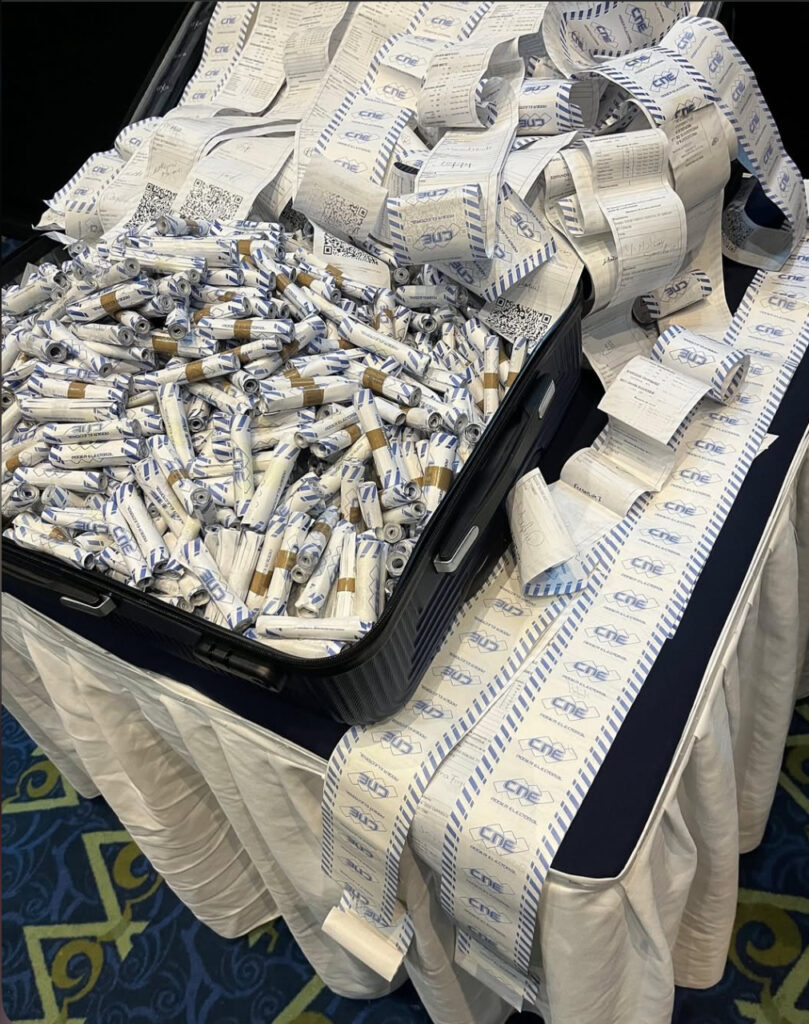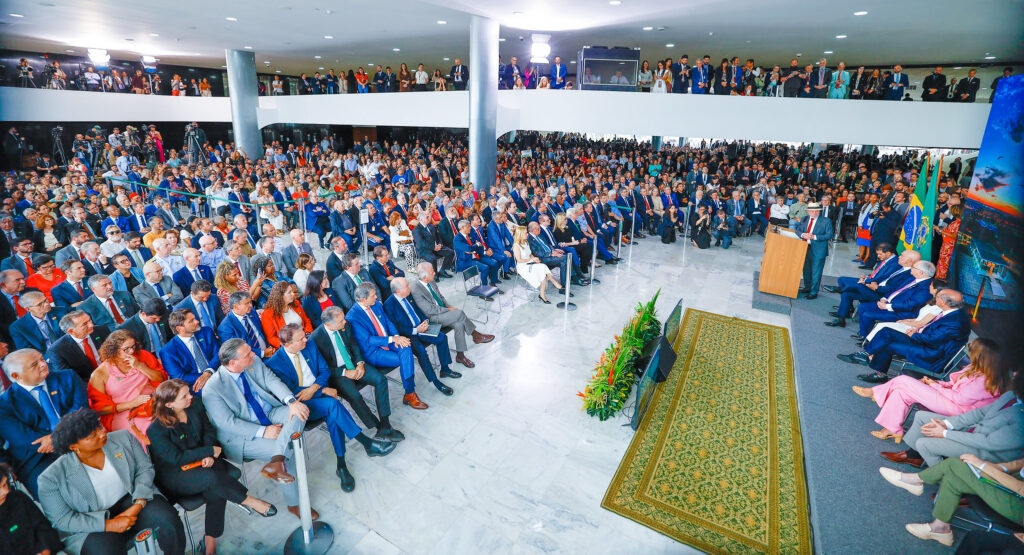Buenos Aires, Argentina — Two drivers of a Russian diplomatic car refused a breathalyzer test on Christmas morning in Buenos Aires’ upscale Recoleta neighborhood and took refuge in their vehicle. After refusing to provide the car’s documentation, both were escorted back to the Russian Embassy by diplomatic staff and local police. The incident set off diplomatic complaints from the Russian government and sparked a political dispute between President Javier Milei’s La Libertad Avanza party and the PRO party, which controls Buenos Aires’ city government.
Mass transit controls and breathalyzer tests are a common occurrence on Christmas morning in Argentina, especially in Buenos Aires. With summer beginning in the Southern Hemisphere, celebrations extend from dinner through breakfast, leading authorities to set up checkpoints to prevent drunk-driving accidents. These controls are typically covered by the media on what is otherwise a slow news day. As a result, the detention of the Russian drivers was caught on camera and became the day’s top story.
The first driver, identified as 38-year-old Sergei Baldin, was detained at 10:45 a.m. on Dec. 25 on Recoleta’s upscale Avenida del Libertador. He was held for two hours after failing to provide documents for his Volkswagen Vento and refusing a breathalyzer test. Shortly after, another Russian diplomatic employee, identified as Cardmath Solomatin, also refused to take the test or present documentation for his Toyota Corolla.
Both drivers claimed to be protected under the Vienna Convention, which requires diplomatic personnel to adhere to local laws but prevents them from being charged by local authorities. Buenos Aires law states that a vehicle can be impounded if the driver refuses a breathalyzer test, and a $600 fine is issued, but the driver cannot be detained.
The confusion deepened at noon when Fedor Bakulov, a man claiming to be a Russian citizen living in Buenos Aires, arrived at the transit control site wearing a Nueva Chicago football club jersey. Speaking in Russian, he attempted to persuade the drivers to cooperate with local authorities, but the diplomats refused. Later, a woman identifying herself as an Argentine lawyer and Russian translator appeared on camera, claiming that Bakulov was not actually translating into Russian.
After both drivers were escorted back to the Russian Embassy by local police, the embassy issued a statement calling the incident a “grave violation of international law.” Security Minister Patricia Bullrich later stated that “at no moment were the cars entered by local police; thus, the Vienna Convention was not violated.” Bullrich also defended the officers, saying “local police can’t be blamed because they were doing their job.”
The incident occurred amid heightened tensions between the national government, led by President Milei, and the city of Buenos Aires, headed by Jorge Macri, with security disputes taking center stage. Buenos Aires’ PRO party has faced sharp criticism from Milei’s La Libertad Avanza over various issues, even as the two parties negotiate an alliance for the 2025 elections.
“Alcohol checkpoints in fixed locations no longer make sense: they’re televised, and drunk drivers avoid them. It’s just a show. They should be mobile and unpredictable to be anything but a waste of time,” said Ramiro Marra, a former Buenos Aires mayoral candidate for La Libertad Avanza, in a post on X.
Diplomatic tensions between Russia and Argentina reignited on Dec. 29 when two Russian citizens, pushing an apparently empty stroller, appeared at Argentina’s Congress building asking for the return of a drone they had “lost.” The drone, a MAVIC Mini PRO4, was found near the building, and authorities noted it was capable of recording images and sound. The incident is being investigated as “public intimidation.”

On a lighter note, Bakulov, the failed Russian translator, was honored later that week by Nueva Chicago. The second-division Argentine football club invited him to the stadium in the working-class Buenos Aires neighborhood of Mataderos, made him an honorary member, and introduced him to the local mascot.
The post Drivers of Russian diplomatic car refuse breathalyzer test, spark diplomatic, political conflict in Argentina appeared first on Argentina Reports.
The post Drivers of Russian diplomatic car refuse breathalyzer test, spark diplomatic, political conflict in Argentina appeared first on Latin America Reports.



